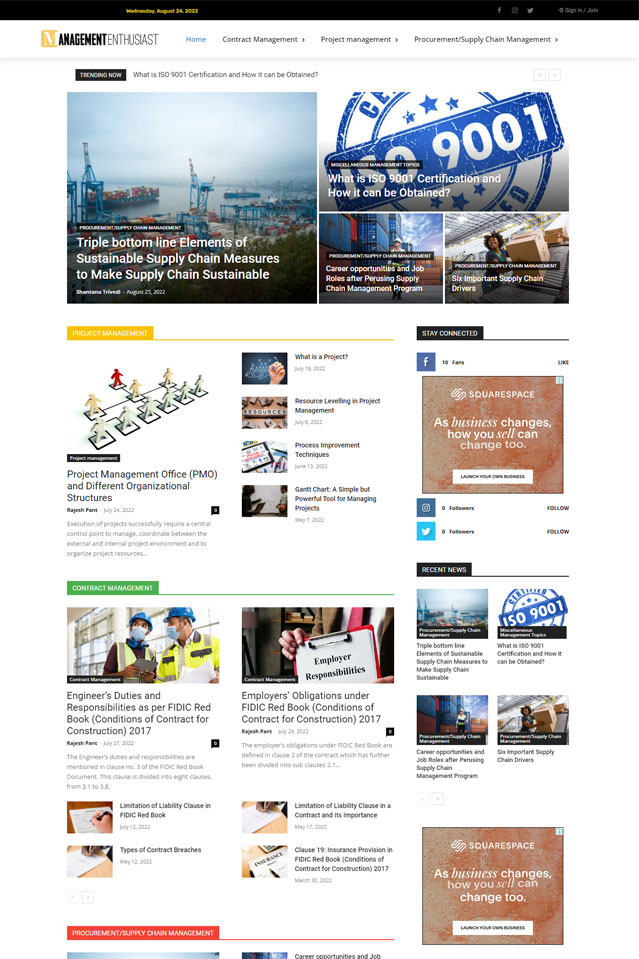Varun Beverages Limited (VBL) is one of the largest franchisees of PepsiCo in the world, operating in multiple geographies including India, Africa, and Southeast Asia. The company is a key player in the beverage industry, specializing in the production and distribution of carbonated soft drinks (CSDs), non-carbonated beverages (NCBs), and packaged water under the PepsiCo brand. This article provides a comprehensive fundamental analysis of Varun Beverages, covering its business model, financial performance, growth prospects, and risks.
Business Overview
Varun Beverages operates as a bottling partner for PepsiCo, manufacturing and distributing iconic brands such as Pepsi, Mountain Dew, Tropicana, and Aquafina. The company’s key strengths include:
- Wide Product Portfolio: A diversified range of beverages catering to various consumer preferences.
- Extensive Distribution Network: A robust distribution system reaching both urban and rural markets.
- Strong Market Presence: Leading market share in key geographies with high brand recognition.
- Strategic Partnerships: Exclusive agreements with PepsiCo enhance its competitive positioning.
Financial Performance
Varun Beverages has demonstrated strong financial performance, characterized by consistent revenue growth and healthy profitability. Key financial metrics include:
- Revenue Growth: The company has achieved a compound annual growth rate (CAGR) of 26% over the last five years, driven by volume growth and market expansion.
- Profit Margins: Operating margins have improved due to economies of scale and cost management initiatives. EBITDA margin stands at approximately 23%.
- Net Profit Growth: Profit has grown at a CAGR of 43.7% in the last five years, reflecting efficient operations and strong demand.
- Debt Management: While the company has significant debt due to its capital-intensive business model, the debt-to-equity ratio has been improving steadily.
Key Ratios
| Metric | Value (FY25) |
|---|---|
| Price-to-Earnings (P/E) | 69.09 |
| Return on Equity (ROE) | 33.87% |
| Debt-to-Equity | 0.783 |
| EBITDA Margin | 23.68% |
Growth Drivers
- Increasing Beverage Consumption: Rising disposable incomes and changing lifestyles are boosting beverage consumption in emerging markets.
- Geographic Expansion: The company continues to expand its footprint in underpenetrated regions, particularly in Africa and Southeast Asia.
- Product Innovation: Introduction of new flavors and healthier beverage options to cater to evolving consumer preferences.
- Strategic Acquisitions: Acquiring smaller bottling operations to consolidate market share and improve operational efficiency.
Risks and Challenges
- Dependence on PepsiCo: Heavy reliance on a single principal could pose risks if the partnership dynamics change.
- Commodity Price Volatility: Fluctuations in raw material costs, such as sugar and packaging, can impact profitability.
- Regulatory Risks: Changes in taxation and environmental regulations may affect operations.
- Seasonality: The beverage industry is highly seasonal, with demand peaking during the summer months.
Future Prospects
The long-term outlook for Varun Beverages remains positive, supported by:
- Market Leadership: Continued dominance in key markets ensures a competitive edge.
- Focus on Non-Carbonated Beverages: Increased focus on health-conscious products aligns with global trends.
- Capacity Expansion: Investments in new plants and technology to meet growing demand.
- Sustainability Initiatives: Commitment to sustainable practices, such as water conservation and recycling, enhancing brand reputation.
Conclusion
Varun Beverages is a well-established player in the beverage industry, with a solid business model and promising growth trajectory. While the company faces certain risks, its strong financial performance, strategic initiatives, and expanding market presence position it as a compelling investment opportunity. Investors looking for exposure to the FMCG sector and the growing beverage market should consider Varun Beverages as part of their portfolio, keeping in mind the associated risks and market dynamics.
Also read: Is Tata Elxsi a Smart Investment for 2025? Share Price Targets and Market Insights





